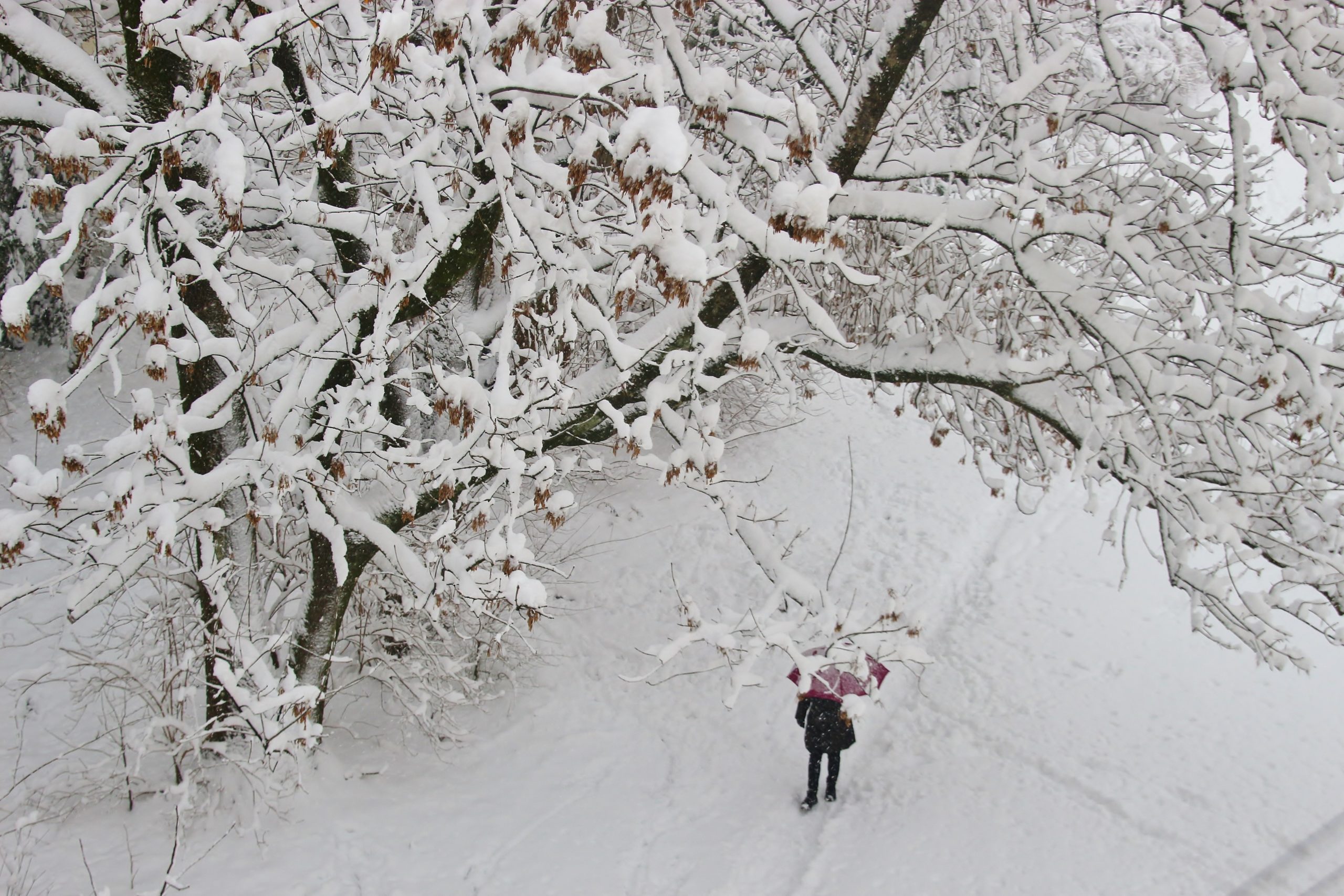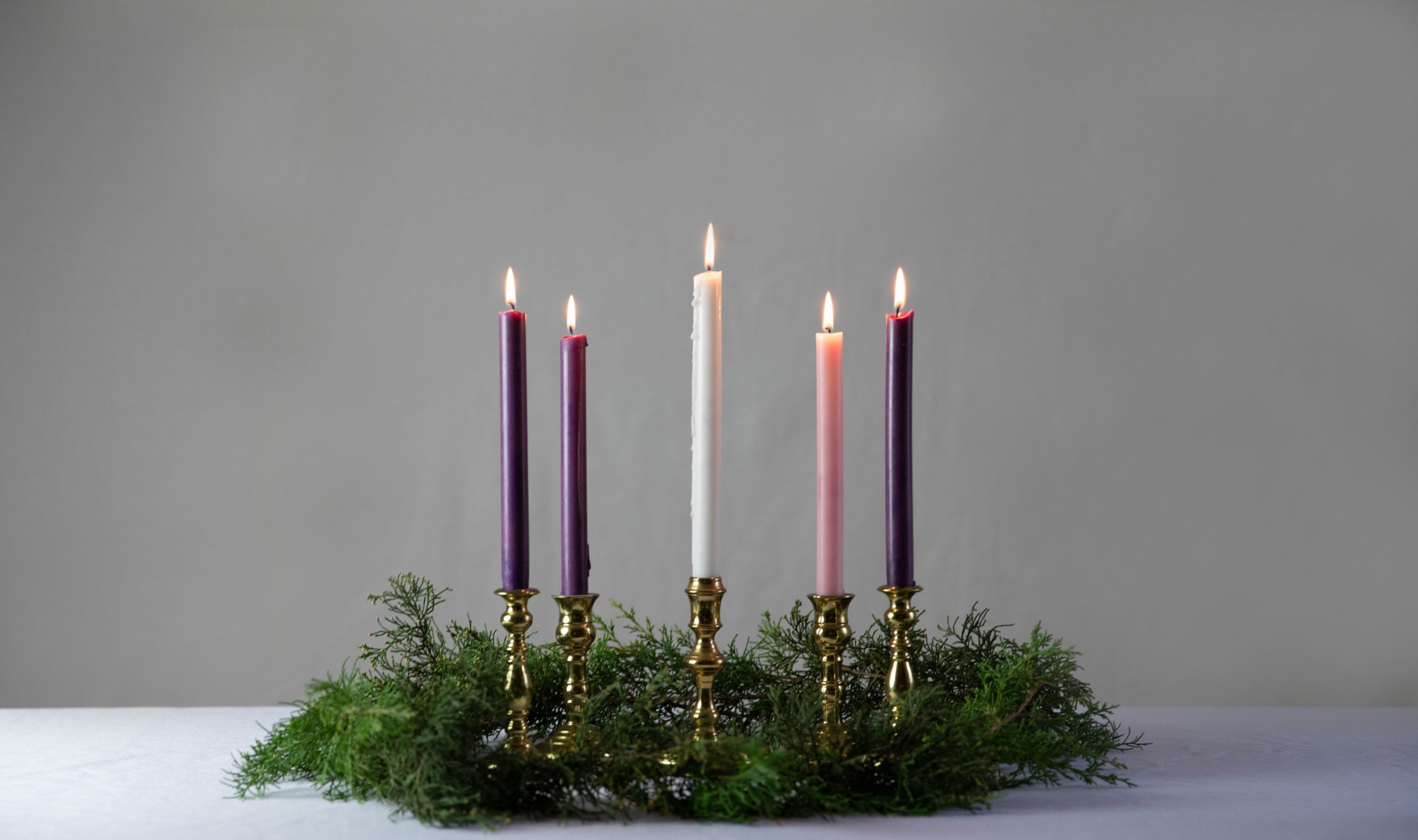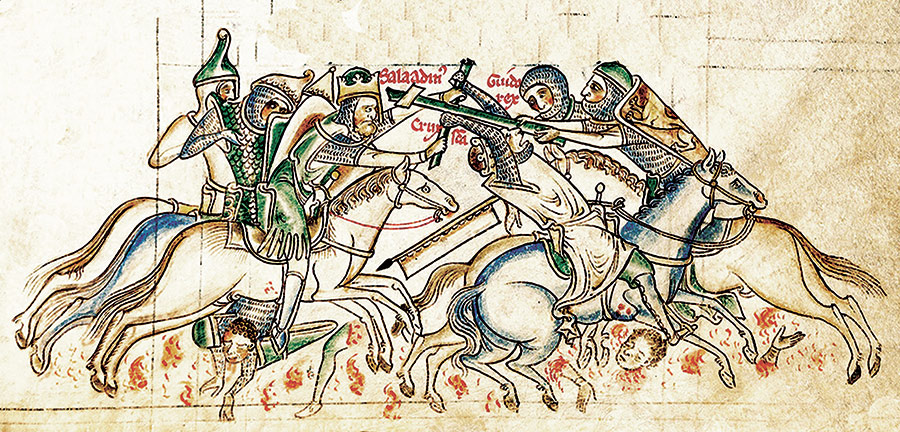Finding God in Silence
Even as our days remain filled with many activities, we can still remain close to God; we can still “abide” with Him (John 15:4). To remain with Him we need to develop a habit of love: hospitality toward His coming in love throughout the day. Of course, we need to go to the Blessed Sacrament to pray, but we also need to learn how to receive His love throughout the course of a workday or during family commitments. In order to receive His love, we need to be affectively vulnerable toward Him and become adept at noticing when He comes to us within these affective movements of love.
Finding God in Silence Read More »






